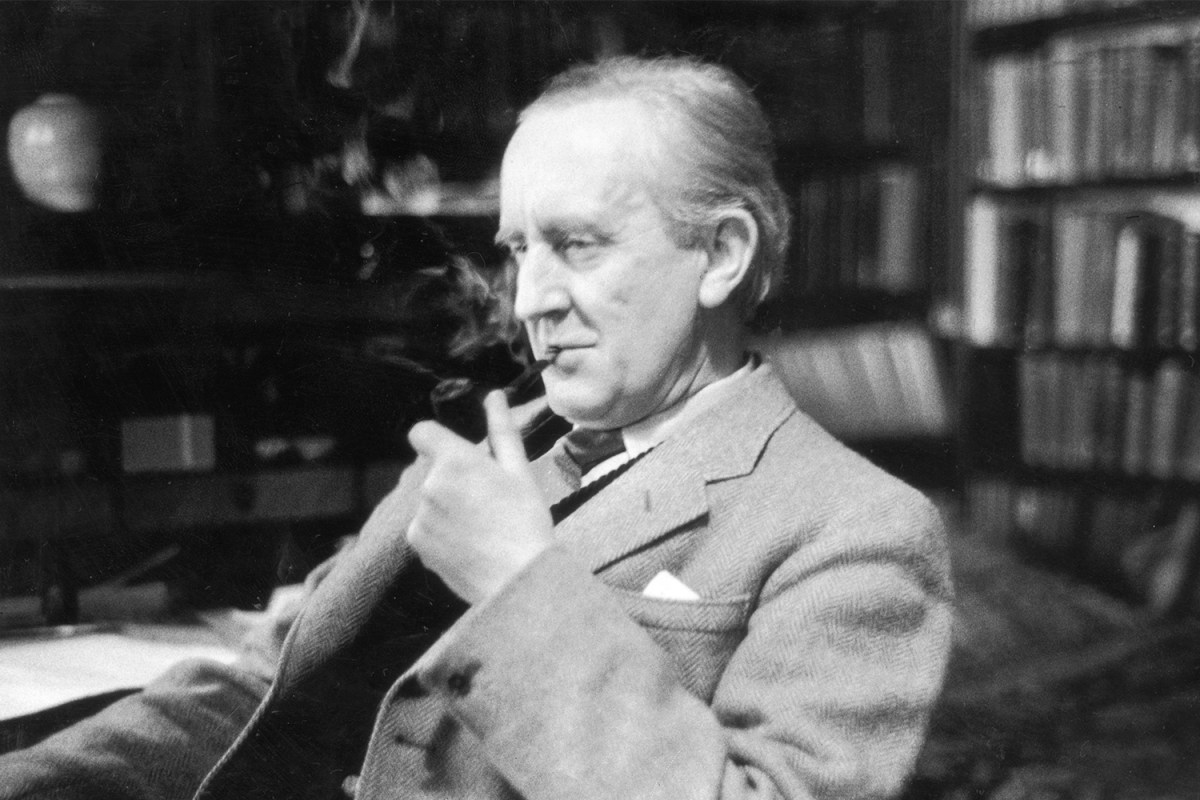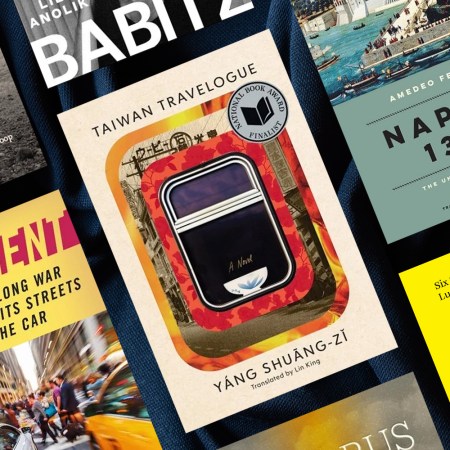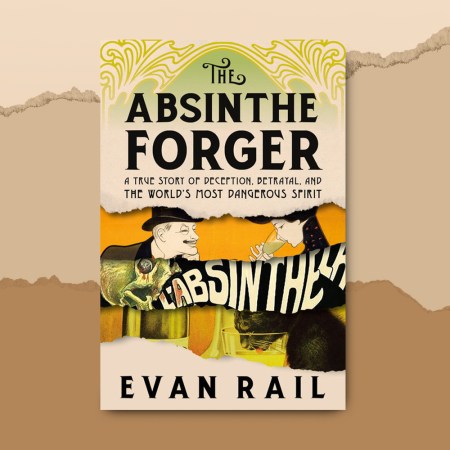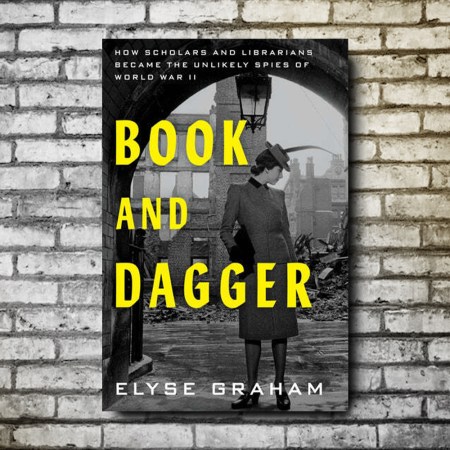When most people procrastinate, they check their email, go on Facebook or discover Wikipedia rabbit holes in which they can lose themselves. Most people do not procrastinate by creating one of the most beloved fantasy series of all time. But then, most people are not J.R.R. Tolkien.
At Lit Hub, John M. Bowers explores Tolkien as writer and scholar — and the conflicted relationship between those two aspects of his life. It’s an excerpt from Bowers’s book Tolkien’s Lost Chaucer, which details Tolkien’s efforts to write a book about the works of Geoffrey Chaucer.
As Bowers writes, Tolkien’s work as a Chaucer scholar is far less well-known than his fiction. As Bowers phrases it, “… nobody knew about Tolkien’s efforts at rescuing 14th-century vocabulary and idiom during his own long labors on Selections from Chaucer’s Poetry and Prose.”
The Oxonian Review describes Selections from Chaucer’s Poetry and Prose as a notable lost work, and one with a sprawling history which spanned decades of Tolkien’s life.
He began work on it in 1922, essentially abandoned it in 1928, and was obliged to return his papers to Oxford University Press in 1951, after which his project was lost in the bowels of the Oxford University Press basement.
Bowers’s book offers a glimpse into this work. And it suggests that his creation of Middle-earth was a kind of procrastination, albeit one that was quite rewarding both for Tolkien and for his legion of readers in the years that followed.
Exploring Tolkien’s commercial work from the vantage point of his academic work can also lead to some unexpected connections, including points at which the influence of Chaucer can be seen in his fantasy writings. “If readers have not previously detected Troilus and the Canterbury Tales in Tolkien’s Middle-earth, it is because nobody was alert for noticing these ingredients,” Bowers writes.
We’re in a moment right now wherein Tolkien’s life is ripe for rediscovery; see also, the release last year of the biopic Tolkien, which focused on his time as a young man. The recent death of his son Christopher has also sparked more than a few explorations of the elder Tolkien’s legacy, and how his son preserved it.
And looming over it all is the high-profile Amazon series drawing from Tolkien’s The Lord of the Rings and adjacent materials. “Frustrated academic” might not be the first thing that comes to mind when thinking about J.R.R. Tolkien’s life and work, but it might well provide some readers with a new window on a classic story.
Subscribe here for our free daily newsletter.
Thanks for reading InsideHook. Sign up for our daily newsletter and be in the know.


















